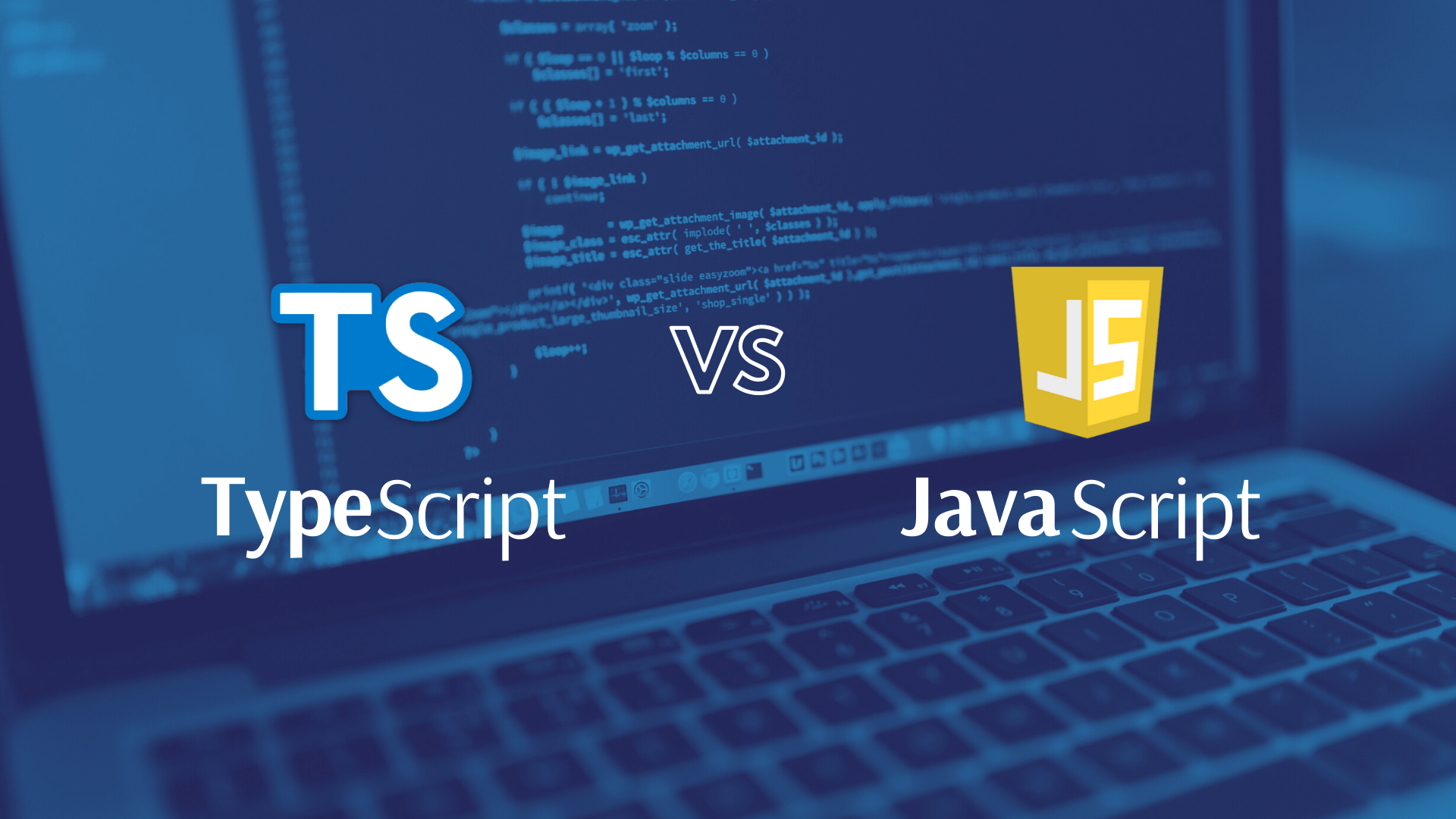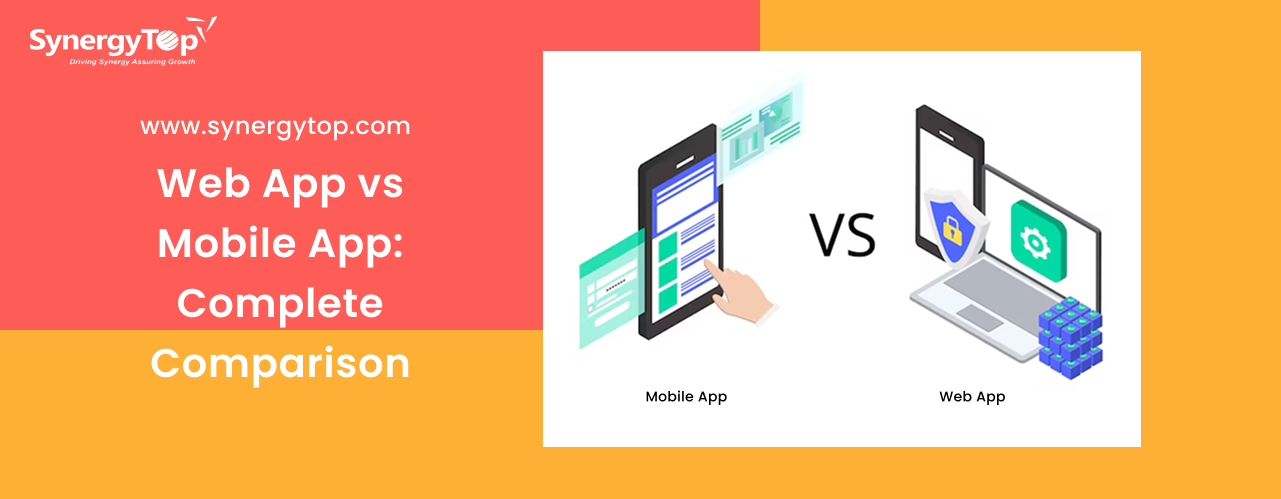In the development world, TypeScript and JavaScript are the two universally known languages. Both these programming languages are mostly used for website and web application development. However, TypeScript has gained brisk absorption since Angular and RxJS have started utilizing it.
Now you might wonder what makes one superior to the other! What is the need of having a solution like TypeScript, when JavaScript exists and is flourishing? Is there any compelling reason to prefer JavaScript over TypeScript?
In this blog, we will compare both these languages. We will also analyze how they are related as well as what sets them apart. Plus, their major benefits.
The Evolution of TypeScript
JavaScript is an object-based scripting language that is cross-platform and lightweight. On the other hand, TypeScript is an open-source pure object-oriented programming language. JavaScript was introduced as a client-side programming language and later used as a server-side programming language. As it evolved, the code became heavier and more complex. Javascript was no longer able to effectively serve the purpose of object-oriented programming, thereby, preventing its adoption by enterprises. TypeScript was developed to bridge this gap.
In the world of Java programming, TypeScript is a relative newcomer. It is used to write simple JavaScript code and can run on any browser that supports ECMAScript 3 or later versions. It has added strict, type checking and other compile-time checks which were lacking in JavaScript. The excessively relaxed nature of JavaScript programming is suited for fast coding, but it is not fit for larger applications. A single programmer can easily review the code to find coding mistakes in the small application but as JavaScript is used for larger applications, more precision should be the aim. Therefore, TypeScript is rapidly gaining popularity.
More than JavaScript
One question that could arise is why not just use JavaScript and get the things done? JavaScript was originally designed for simple and small code snippets on the web pages and to help the Java applets to integrate with the web pages in a better manner. In the last several years, browser-based applications have turned more complex than those written with JavaScript. For instance, Node.js allows writing the server-side code with JavaScript and creating large-scale server-side applications. In a large application, there are high chances that one module can distort the assumptions made in another module and send the application crashing into pieces. In the modern JavaScript environments (Node.js and Web browsers), the codes generated by the TypeScript compiler are deployable and can bring meticulousness to the more complex applications built on JavaScript platforms.
Key Differences
- JavaScript is a scripting language deployed to create interactive web pages whereas TypeScript is the superset of JavaScript.
- The code in TypeScript needs to be compiled but that’s not the case in JavaScript.
- The feature of prototyping is supported by TypeScript but not by JavaScript.
- Types and interfaces are used in TypeScript to describe the data but JavaScript has no such concept.
- TypeScript includes generics and JS features for larger projects while JavaScript is an ideal option for smaller projects.
Situations Where TypeScript Takes the Cake
- At the time of deployment, TypeScript can point out the compilation errors, thereby minimizing the errors during run-time. On the other hand, JavaScript is an interpreted language and can point out the errors only during the run-time.
- TypeScript supports static typing that enables checking for type correctness at the time of compilation. However, this feature is not available in JavaScript.
- TypeScript is a more enriched, evolved, and feature-rich version of JavaScript. It has the ES6 features and the ability to compile the .ts files into ES3, ES4, and ES5.
However, On the Other Hand…
- TypeScript takes time to compile the code.
- Abstract classes are not supported by TypeScript
TypeScript v/s JavaScript – The Best Performer

To conclude and sum up, we can say that JavaScript is the right choice for small coding projects where experienced developers are available for the job. However, if you have a larger project, TypeScript can help you go a long way.
JavaScript should only be opted when –
- Project is small
- Build tools are required
- Test workflow is strong
- Type dependencies are required
We recommend TypeScript for other projects because of its different features –
- Precise defining through typing
- Code management becomes easier
- Team performance is enhanced
- Popular and trusted
About SynergyTop
Synergytop is a San Diego-based digital commerce company that develops robust web, software, and enterprise application solutions using Java. We will assist you in selecting the right java architecture as well as apply best practices and methodologies to yield stunning results for you. With SynergyTop’s experienced design and development team you can also get your winning software and web applications developed using Java.
Are you looking for a java development partner who can help you develop stunning solutions? We can help! Click here to know more about our Java development services.
















